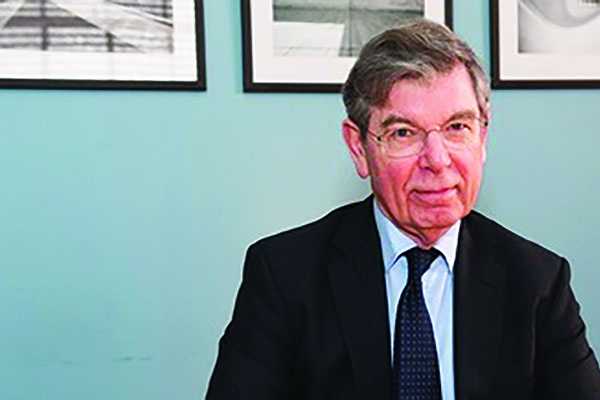Khama lost
The decision by President Ian Khama to refuse to appoint attorney Omphemetse Motumise as High Court Judge without reasons, has been set aside by the highest court in the country.
The controversial case which raised fundamental issues of Constitutional importance was presided over by a panel of five appeals court judges. Three justices - Justice Gaongalelwe, Lord Abernethy and Lord Hamilton - differed with some of the findings reached.
Justice Isaac Lesetedi and Justice Brand signed the main judgement to indicate total agreement with the ruling. The Court of Appeal this week upheld an appeal by Motumise and Law Society of Botswana challenging the decision by a panel of three High Court Judges to dismiss an application that wanted the decision by the president not to appoint Motumise reviewed and set aside.
The High Court refused to set aside the President’s decision not to appoint Motumise as a judge of the High Court. The High Court also rejected the submission that the President’s powers under Section 96 (2) were not subject to the powers of judicial review. It held that the President’s power was subject to review on the ground of irrationality.
On the interpretation of Section 96 (2) of the Constitution, the High Court held that the advice of the Judicial Service Commission (JSC) was not binding on the President and that the President was entitled to refuse to follow the lawful advice of the JSC on the appointment of High Court Judges.
Section 96 (2) of the Constitution reads, “the other judges of the High Court shall be appointed by the President, acting in accordance with the advice of the Judicial Service Commission.”
In its judgement on Wednesday this week the Court of Appeal stated that the decision by Khama stands to be reviewed and set aside in the absence of an explanation. Delivering the judgement, Justice Lesetedi stated that it is apparent that both the president and JSC were not properly advised on the remit and powers of the JSC and those of the President in the implementation of Section 96 (2) of the Constitution.
“The letter from the President refusing to act on the recommendation of the JSC did not provide any reason for such refusal. In his answering affidavit to review the application, the President, over and above relying on the legal advice upon which he acted in not providing any reason for refusing to act on the advice of the JSC, pointed out that he had sound reasons for not acting on the advice of the JSC but that on legal advice those reasons could not be disclosed.
“In the circumstances, the President was not entitled to turn down the recommendation of the JSC as his role other than as set out by Section 96 (2) was to act in accordance with the JSC. It is the JSC which determines when to fill a vacancy. It initiates that process of filling up a vacancy by issuing advertisements for the position and setting out minimal qualification stipulated in the Constitution for appointment to that office,” he said.
The court stated that other government policy considerations like gender parity, may entitle the president to bring these to the JSC’s attention to ascertain if such considerations have been taken into account in the recommendation process and if those considerations have not, to call upon the JSC to do so without compromising on other qualities, which are important in judicial appointment.
Lesetedi pointed out that Motumise’s application for appointment as a judge of the High Court was considered by the JSC and he was found to be the most suitable candidate. He added that there is nothing in the document before the court showing that at any stage during deliberations of the JSC was there any input from the Attorney General, which may have reflected on the government’s reservations on Motumise’s suitability to be appointed to the office of a Judge of the High Court.
“It is as may be apparent from this judgement, sound that in considering whether a candidate is suitable for appointment, the JSC is entitled to make such enquiry as it considers relevant into the candidate’s background, character assessment and other relevant considerations, in its evaluation on an application.
“There will obviously be cases where none of the candidates may meet the criteria set out for qualification in which event a re-advertisement may be called for. In this legal set up therefore the President has some, though limited discretion, to refuse to appoint a candidate recommended to him by the JSC for appointment.
“His role in appointment of a judge under Section 96 (2) however, is not a formal one as he is in exceptional cases entitled through the input of the Attorney General to bring to the attention of the JSC factors which he considers relevant to the suitability of a candidate for appointment. But this input does not become the sole determinant factor,” the court stated.






